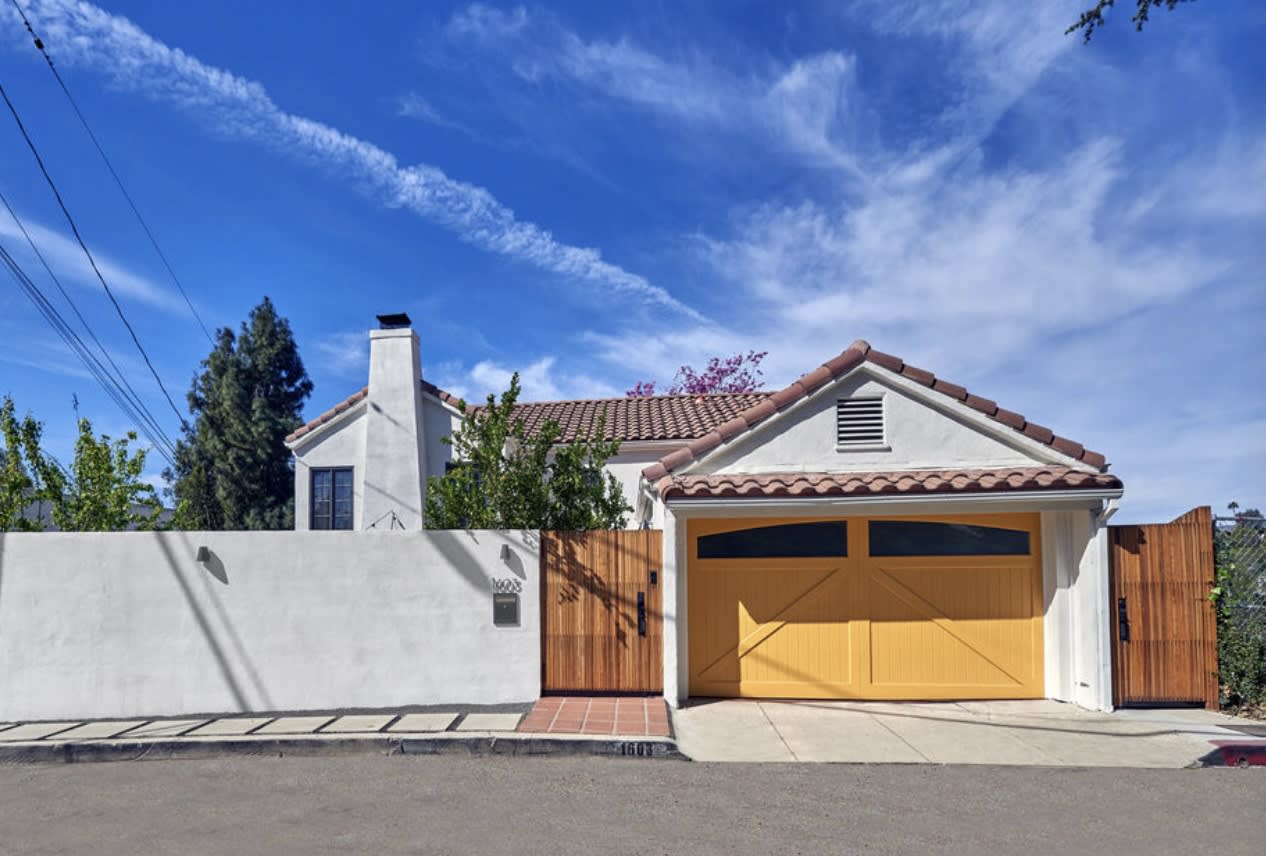Measure ULA to Impose Drastically Higher Transfer Taxes on High-Value Properties
January 19, 2023

January 19, 2023

The world of high-value real estate in the City of Los Angeles will be changing drastically come April 1, 2023. This past November, citizens of Los Angeles voted on Measure ULA, also known as the “Mansion Tax.” This proposition has since passed and will go into effect this upcoming April. Here is what you need to know:
Measure ULA is a response to the homelessness crisis in Los Angeles. This measure seeks to raise funding for affordable housing and homelessness prevention programs by imposing a significantly higher transfer tax on high-value residential and commercial properties. This measure only applies to property sales located within the City of Los Angeles. The 87 incorporated cities within Los Angeles County will not be affected. These incorporated cities include Calabasas, Hidden Hills, Beverly Hills, West Hollywood, Pasadena and Burbank to name a few. It is important to consult with your real estate advisor on whether or not your property will be affected.
Prior to Measure ULA, real estate transactions within the City of Los Angeles were subjected to a transfer tax rate of 0.56%. Measure ULA will drastically increase transfer taxes on properties valued at $5 million and above. These taxes will be paid in addition to the original tax of 0.56%. This one-time transfer tax will be assessed at the time of a property’s sale and will be deducted through the escrow process. These new fees will typically be paid by the seller, regardless of whether or not the seller is taking a loss on the property.
Properties valued between $5 million and $10 million will have a 4% tax imposed on property sales and transfers. Properties valued above $10 million will have a 5.5% tax imposed onto the sale. For instance, the seller of a property valued at $7 million will now have to pay $280,000 in additional transfer taxes. The seller of a property valued at $10 million must pay $550,000 in transfer taxes.
Residents of Santa Monica also approved Measure GS, which operates similarly to Measure ULA. Measure GS authorizes Santa Monica to enact a “third tier” to its real estate transfer tax structure. Before this measure was approved, Santa Monica’s transfer tax rate for properties valued below $5 million was 0.41%. Properties valued at $5 million or higher had a transfer tax rate of 0.71%. Beginning March 1, 2023, the city will impose a new tax rate of 5.71% when the gross value of a property being sold is $8 million or higher.
Depending on the real estate market conditions, city officials expect to raise anywhere between $600 million to $1.1 billion in annual revenue from Measure ULA. A minimum of 92% of the tax’s proceeds will fund the Affordable Housing Program and the Homeless Prevention Program. The remaining 8% will fund program administration, reporting, compliance and implementation.
While this measure mostly affects the sellers of high-value real property, some argue that this could also affect ordinary L.A. residents. Because this tax will be imposed on both residential and commercial sales, some suspect that the “mansion tax” has the potential to affect renters and small business owners. However, this claim has been disputed by UCLA policy researchers since the sellers are the ones responsible for paying the fees.
In a recently published document titled, “An Analysis of Measure ULA,” UCLA policy researchers explain how this measure seeks to provide relief for those struggling amid the Los Angeles housing crisis, not to harm them further.
“There is no evidence that the tax would impact rents for commercial or residential tenants. In most cases, transfer taxes are paid by the seller, who will have no legal avenues to pass on costs to tenants in a building which they no longer own. Additionally, this report cites multiple studies which show that rents are determined by the market, not taxes and fees,” the analysis says.
This analysis further breaks down what percentage of L.A. real estate sales would be affected by this tax.
“Measure ULA’s tax would affect approximately 4% of real estate transactions in a given year and 72% of its revenue would come from properties sold for over $10 million. Under 3% of single-family homes or condos sold in a given year would be affected.”
Though the effects of Measure ULA are still unknown, the high-value real estate market will likely see a shift in 2023.
Stay up to date on the latest real estate trends.




What to expect when working with an experienced and specialized luxury brokerage that prioritizes privacy and client confidentiality.


Ways to tastefully upgrade your home to enhance buyer appeal without breaking the bank

Property sales within the City of Los Angeles will soon be subjected to transfer taxes up to 5.5%

Mid-Century Modern homes are extremely popular within Southern California. In fact, Palm Springs is home to the largest collection of Mid-Century Modern architecture i… Read more

Southern California is home to a myriad of beautiful architecture. One of the most noteworthy home styles found throughout Southern California is the Spanish Colonial.… Read more
You’ve got questions and we can’t wait to answer them.